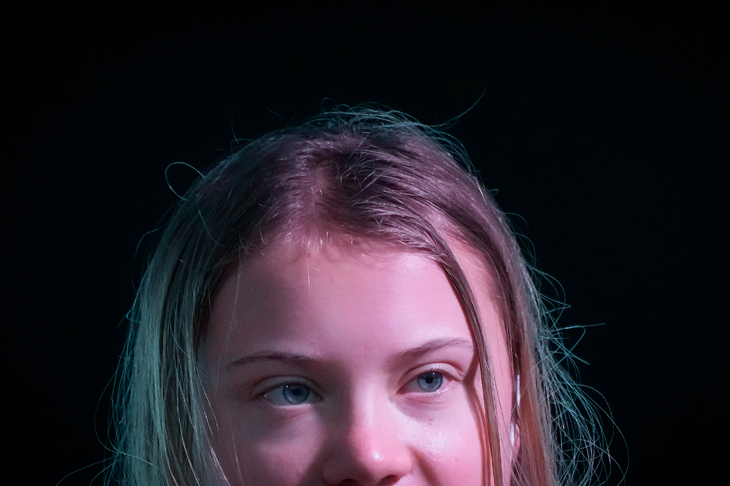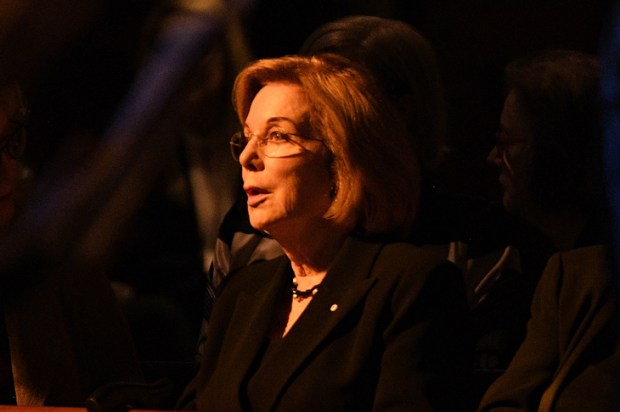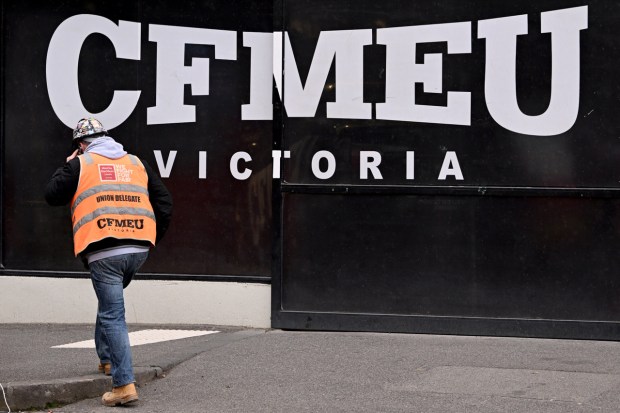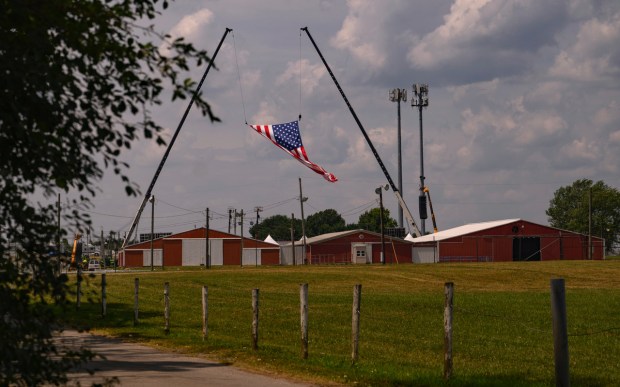At the Cop 26 climate conference held in Glasgow last November, almost 200 countries ‘committed’ to the rapid phasing out of fossil fuels, especially coal. Conspicuously, two major powers did not.
While China was circumspect, Russia was unambiguous. Moscow said it had no plans to rein in its fossil fuel production in the coming decades.
Already a subscriber? Log in
Subscribe for just $2 a week
Try a month of The Spectator Australia absolutely free and without commitment. Not only that but – if you choose to continue – you’ll pay just $2 a week for your first year.
- Unlimited access to spectator.com.au and app
- The weekly edition on the Spectator Australia app
- Spectator podcasts and newsletters
- Full access to spectator.co.uk
Or
Unlock this article
You might disagree with half of it, but you’ll enjoy reading all of it. Try your first month for free, then just $2 a week for the remainder of your first year.












Comments
Don't miss out
Join the conversation with other Spectator Australia readers. Subscribe to leave a comment.
SUBSCRIBEAlready a subscriber? Log in